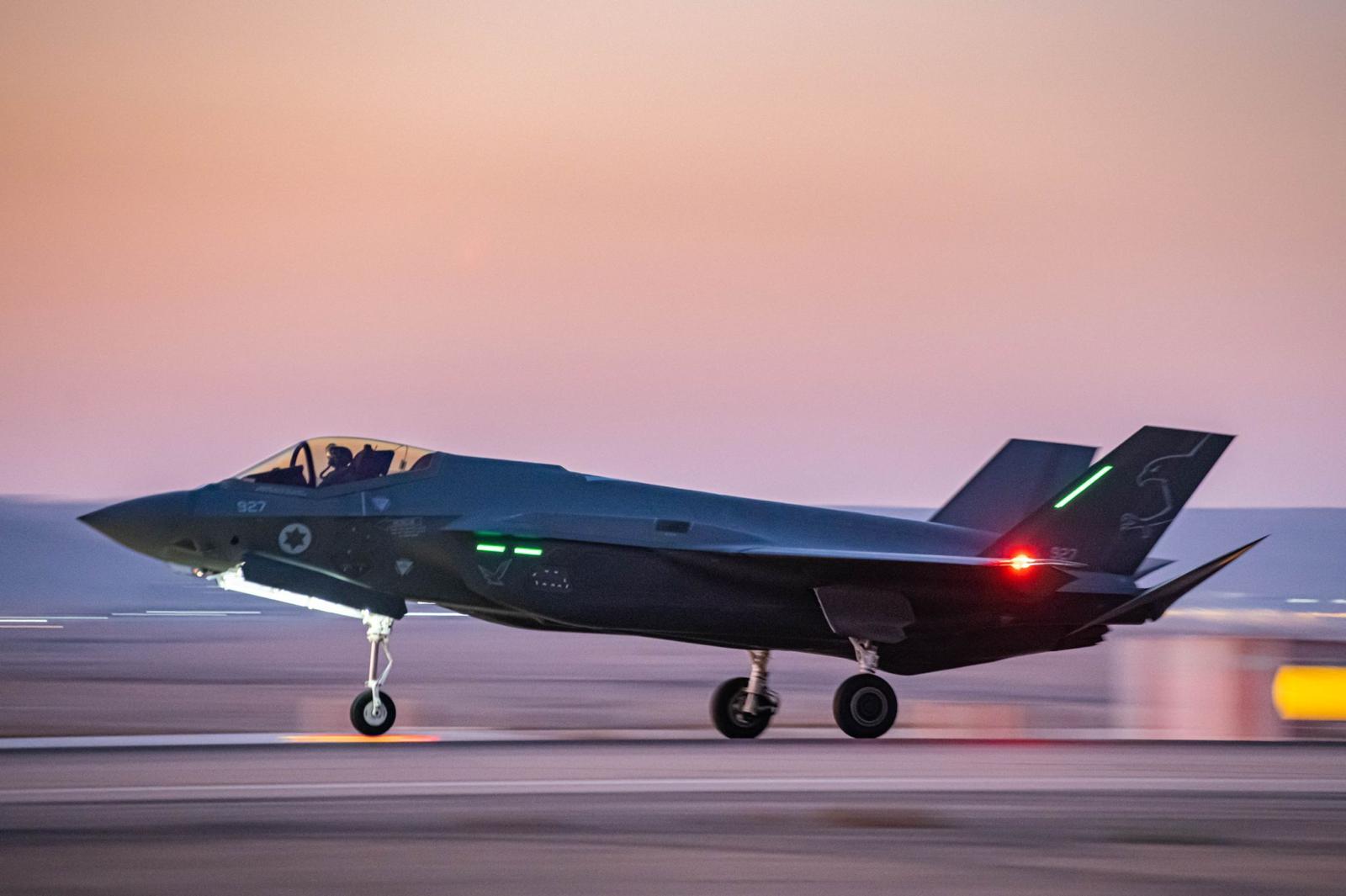



Washington and London on Saturday urged Iran not to respond to Israel’s overnight strikes in its territory, conducted in retaliation for its October 1 missile barrage on the Jewish state.
“We urge Iran to cease its attacks on Israel so that this cycle of fighting can end without further escalation,” US National Security Council spokesman Sean Savett told reporters.
The Israeli military conducted air strikes against Iran early on Saturday, hitting military bases, missile sites, and other systems in several regions.
“Their response was an exercise in self-defense and specifically avoided populated areas and focused solely on military targets, contrary to Iran’s attack against Israel that targeted Israel’s most populous city,” Savett added.
Stressing that the US did not participate in the operation, he said “it is our aim to accelerate diplomacy and de-escalate tensions in the Middle East region.”
A senior administration official signaled approval of Israel’s “targeted and proportional” strikes in a briefing with reporters, saying US President Joe Biden and his national security team have worked with the “Israelis over recent weeks to encourage Israel to conduct a response that was targeted and proportional with low risk of civilian harm.”
“And that appears to have been precisely what transpired this evening,” the official told reporters.
Biden had encouraged Prime Minister Benjamin Netanyahu “to design a response that served to deter further attacks against Israel while reducing risks of further escalation, and that is our objective.”
Meanwhile, British Prime Minister Keir Starmer also said Iran should not respond to the wave of Israeli strikes, urging restraint on all sides.
“I am clear that Israel has the right to defend itself against Iranian aggression. I’m equally clear that we need to avoid further regional escalation and urge all sides to show restraint. Iran should not respond,” he said, speaking at a press conference in Samoa, where he has been attending a Commonwealth Heads of Government Meeting.
The US official said that “should Iran choose to respond, we are fully prepared to once again defend against any attack,” pointing to the recent US deployment of THAAD missile defense batteries to Israel.
“This should be the end of this direct exchange of fire between Israel and Iran,” the US official said, adding that “Israel has made clear to the world that its response is now complete.”
“Accordingly, we will call on all countries of influence to press Iran to stop these attacks against Israel.”
Israel struck military sites in Iran early on Saturday, saying it had achieved its objectives and warning Iran not to respond. A semi-official Iranian news agency vowed a “proportional reaction” to the Israeli moves against Tehran.
Iranian media reported multiple explosions over several hours in the capital and at nearby military bases, starting shortly after 2 a.m.
The military said later it had completed its “targeted” attacks in Iran, striking missile and drone manufacturing facilities and launch sites as well as surface-to-air missile arrays.
Targets did not include energy infrastructure or Iran’s nuclear facilities.
Iran claimed its air defense systems successfully countered Israel’s attack with “limited damage” to some locations.
The Middle East has been on edge awaiting Israel’s retaliation for a ballistic missile barrage carried out by Iran on October 1, in which it fired around 200 missiles at Israel, sending millions of Israelis into shelters but killing only one Palestinian in the West Bank, while causing minor damage to air bases.
The rapid escalation of violence has heightened fears across the region and beyond of a wider war, pitting Israel against Iran and the allies it dubs the “axis of resistance” on multiple fronts.
Iran had in recent weeks warned that any attack on its infrastructure would provoke an “even stronger response,” while Revolutionary Guards general Rassul Sanairad said an attack on nuclear or energy sites would cross a red line.


